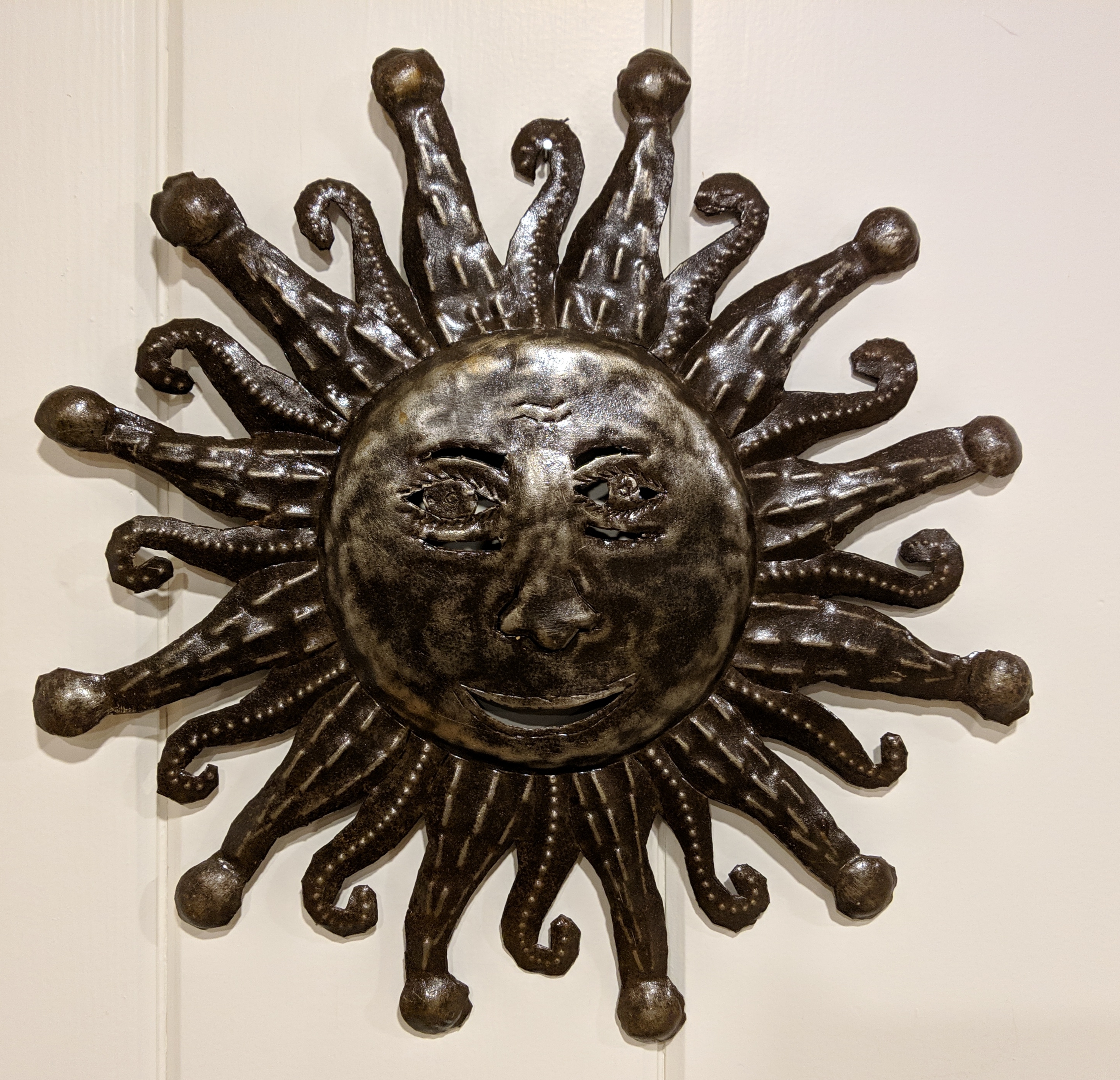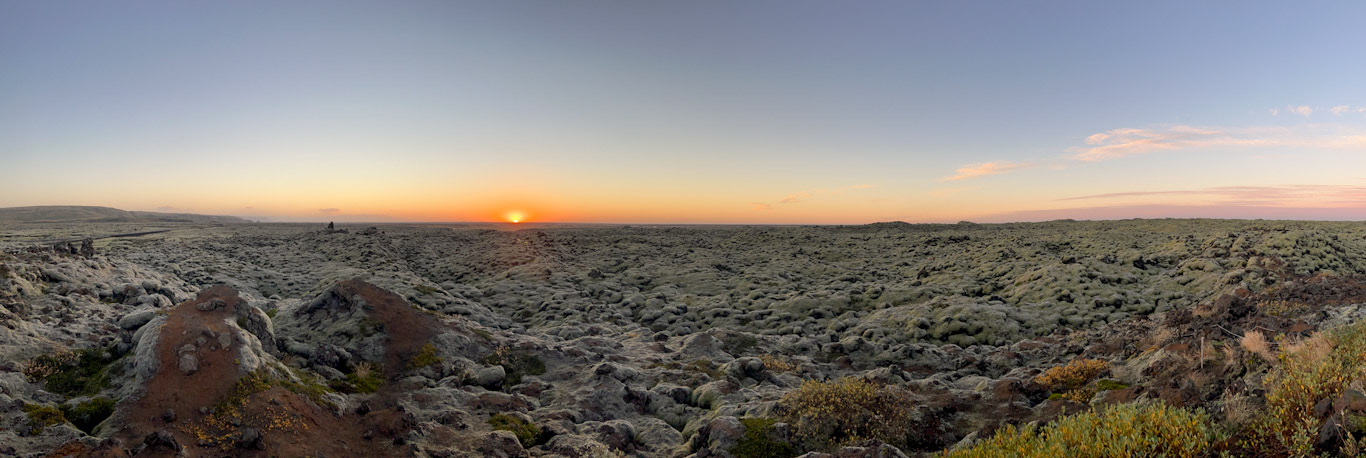

Their names are on the titles, they own the homes. Their banks - the mortgage lenders - hold a rights to a lien placed on the property, but they have no title to the property unless they enforce the terms of their lending contract in the event of default.
The owners making 500k may very well be just a few months from foreclosure if they lose their job, but they likely have at least 20% (likely much more unless they bought at a premium two years ago) equity and can probably salvage at least half - even after fees - if they were to become “destitute” and undertook a regular sale of the property. 10% of a million dollars (or more), for most of the country, is still a healthy sum of money.



It’s magic and we don’t know how it works*.
* as of my latest coursework in Biology; IDK if anything has been discovered since the 80s.